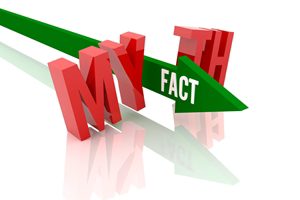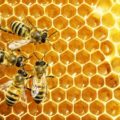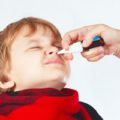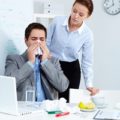
It's allergy season, and that means a lot of misinformation is flying around like pollen on a brisk spring breeze. Here are some common myths that you should ignore:
Myth: Local honey eases allergies
Unfortunately, top researchers tend to agree that honey does little to help allergy sufferers. That's because the pollen in honey comes from flowers, while the pollen that causes you to sniffle and sneeze comes from trees, grass and weeds. So while honey in your tea might taste delicious, it won't fix your allergies.
Myth: Only kids develop new allergies
While most allergies surface before you're 30, it is possible to develop new sensitivities at any age. So if you notice a cold that just won't go away, consider making a doctor appointment.
"There's a feeling that allergies only exist in children and then persist into adulthood," Dr. Rohit Katial told ABC News. Katial is a clinical research director at the National Jewish Medical and Research Center. "But we frequently see patients that have done well most of their lives and then as an adult they do develop allergies."
Myth: You should never use nasal sprays
Not all nasal sprays are created equal, and not all nasal sprays are bad! It's true that some over-the-counter (OTC) non-steroid nasal sprays create a rebound effect, causing increased congestion when you stop using them. To prevent this, the American College of Allergy, Asthma and Immunology (ACAAI) recommends taking a break from OTC nasal spray at least every three days. If you have serious nasal allergies, consider using a prescription steroid nasal spray, which doesn't trigger the same rebound effect. One brand, Nasacort AQ, recently became available over-the-counter.
Check out the Allergy Be Gone website for seasonal allergy prevention products that can dramatically improve your symptoms!









